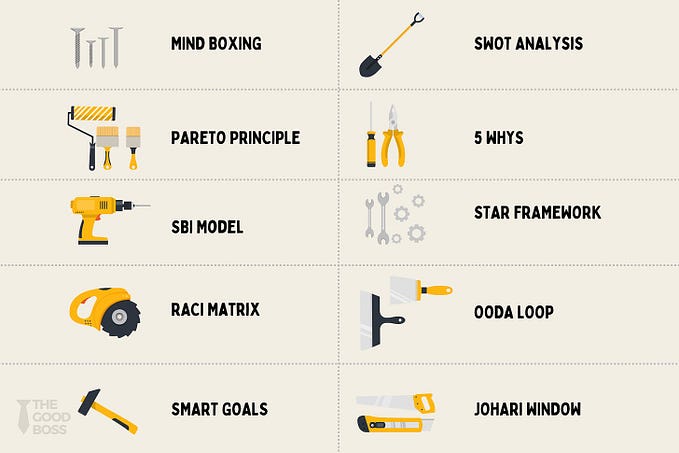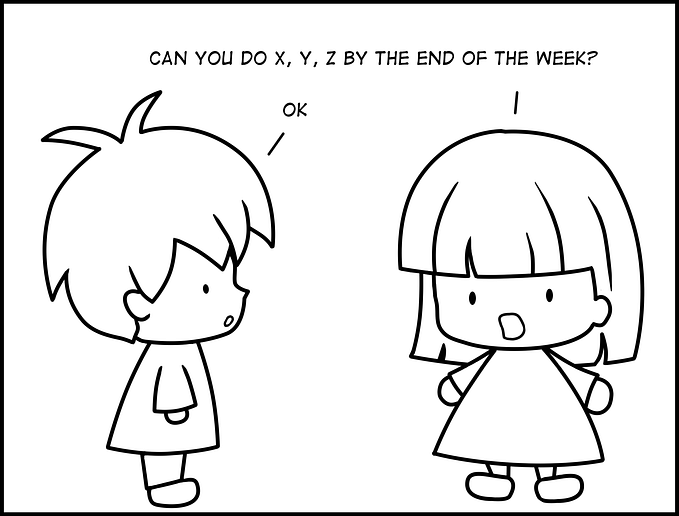Member-only story
Leadership
Every Team Needs Its ‘Oh Sh*t’ Moment
Great leaders let their teams feel the pressure

 It’s hard enough to accept our own failures and shortcomings in the crazy world of entrepreneurship. But dealing with the failures of our teammates can be even more frustrating. In the past, when members of my team failed to achieve their objectives, I often went quiet and said something like, “It’s okay — don’t sweat. I’ll look after it.”
It’s hard enough to accept our own failures and shortcomings in the crazy world of entrepreneurship. But dealing with the failures of our teammates can be even more frustrating. In the past, when members of my team failed to achieve their objectives, I often went quiet and said something like, “It’s okay — don’t sweat. I’ll look after it.”
I could tell when they felt bad, and I didn’t want them to feel any worse. Over time, I ended up with more and more on my plate. The team stopped using their initiative because they knew that I’d pick up the slack. It left me feeling overwhelmed.
In my heart I knew I was being too soft on them, but what was I supposed to do? Yell and shout? How are you supposed to be hard on people if you have a big heart?
Fight or flight
My wake-up call came about a year into my last venture. I was raising money from a number of different investors and I’d sent an out-of-date financial model as part of the due diligence. When I opened my inbox, each of the investors had responded with a series of tough questions about the model. My stomach sank.
I began to sweat. A surge of adrenalin and urgency rushed through me. How was I going to solve this issue? And more importantly, how could I ensure that it never happened again?
The importance of “oh shit” moments
Now imagine what would have happened if the investors had just said, “Don’t worry about the model. I’ll fix it later.” Would I have felt the same sense of urgency or ownership? Would I have been as proactive?
Looking back on my career, the sum of those “oh shit” moments has had a massively positive effect on me. They’ve made me stronger in the face of failure, forced me to take more responsibility for my actions, and helped me become a much more proactive planner.
Sweating is part of taking responsibility. In trying to reduce my team’s discomfort around failure, I ended up reducing their sense of responsibility at the same time. If I wanted my team to feel responsible, I needed to get comfortable with their…








